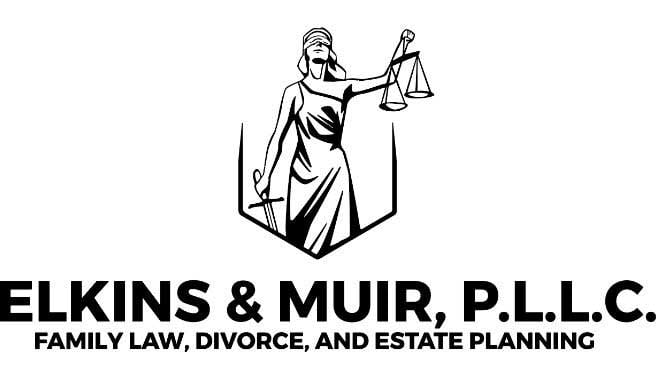When it comes to financial accounts, POD often stands for “payable on death.” As the name implies, a payable on death account is one that transfers into someone else’s name when the account holder passes away. Proof of this passing – such as a death certificate – may be necessary.
To set this up, the owner of the account simply adds a beneficiary. This beneficiary may be a child or another family member, for instance. But the person is free to choose whoever they wish.
That account owner does not lose any control over their finances at that time. The beneficiary is not a joint account holder, for instance. They have no rights when they are selected, but the succession has been established so that they will become the new account owner at the appropriate time.
This can avoid probate
One reason that people do this is because a POD account transfers instantly into the beneficiary’s name. It doesn’t have to go through probate. As soon as someone passes away, that account is removed from their estate and put in the other person’s name. It doesn’t have to be distributed by the will or the rest of their estate plan.
This means that a POD account can facilitate a rather seamless transition when moving wealth from one generation to the next. It can also help to reduce the odds of an estate dispute because there is no debate over who is supposed to have control of that account.
Those who are interested in using a POD account as part of the estate planning process must know what steps to take and the legal tools at their disposal.
